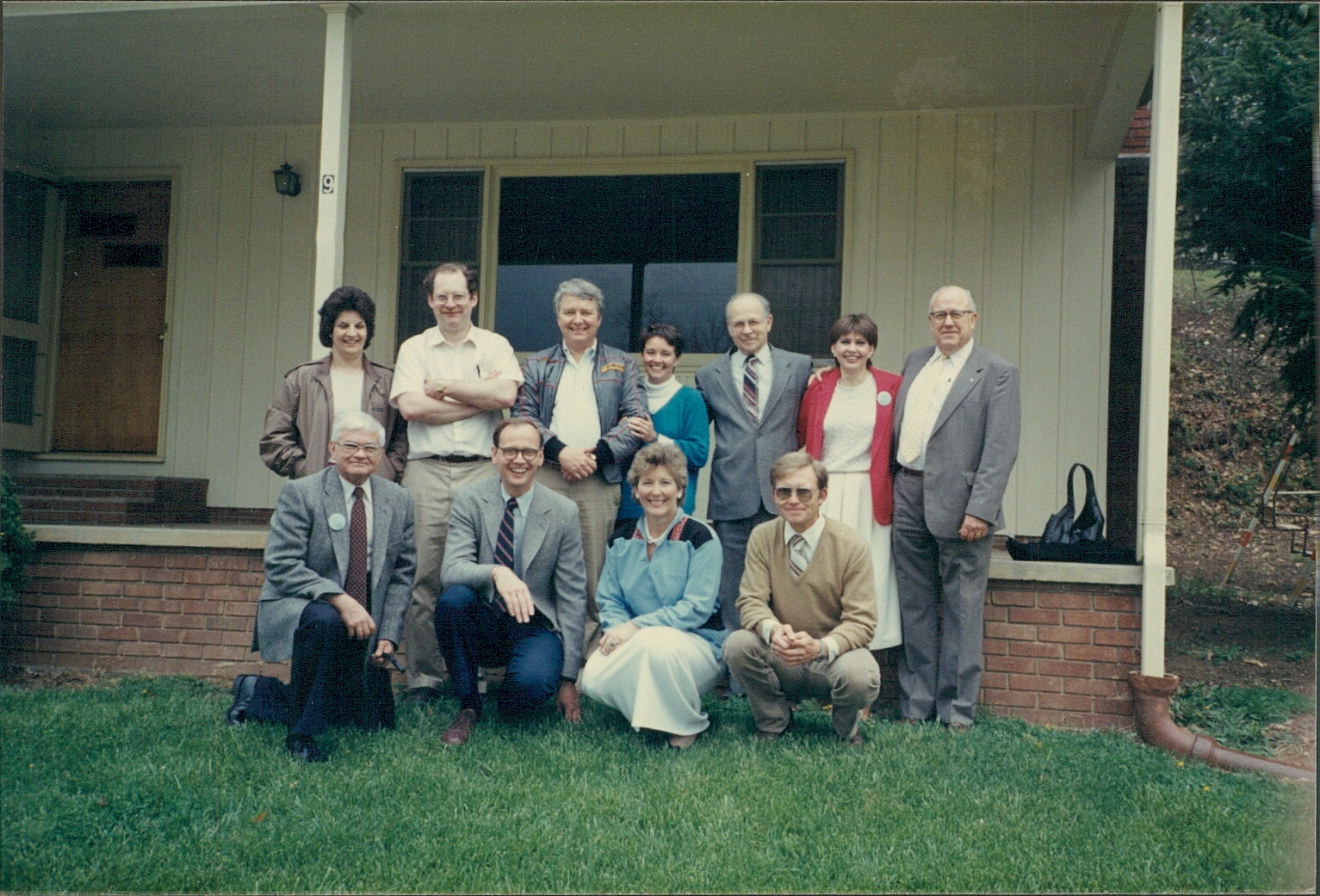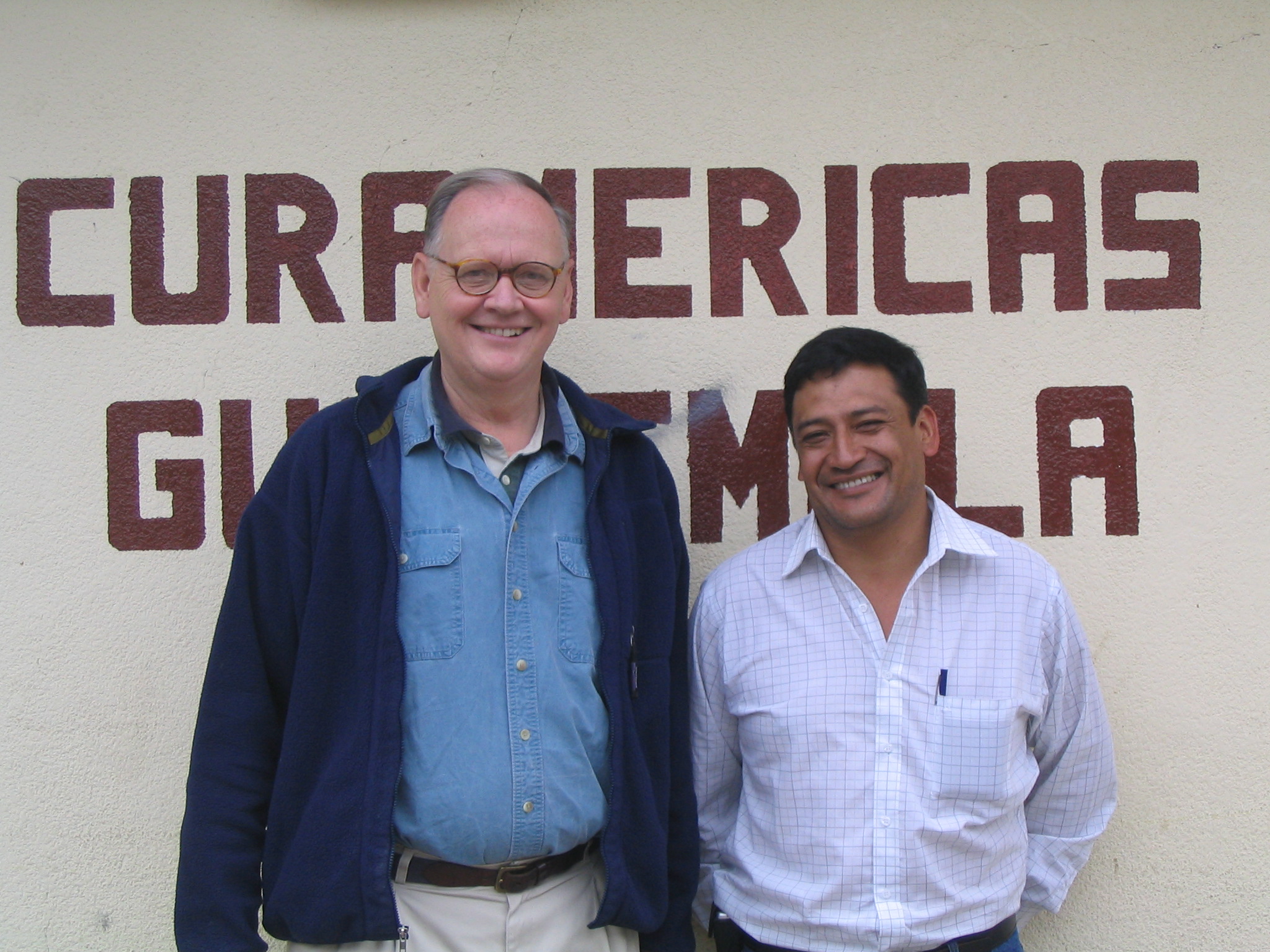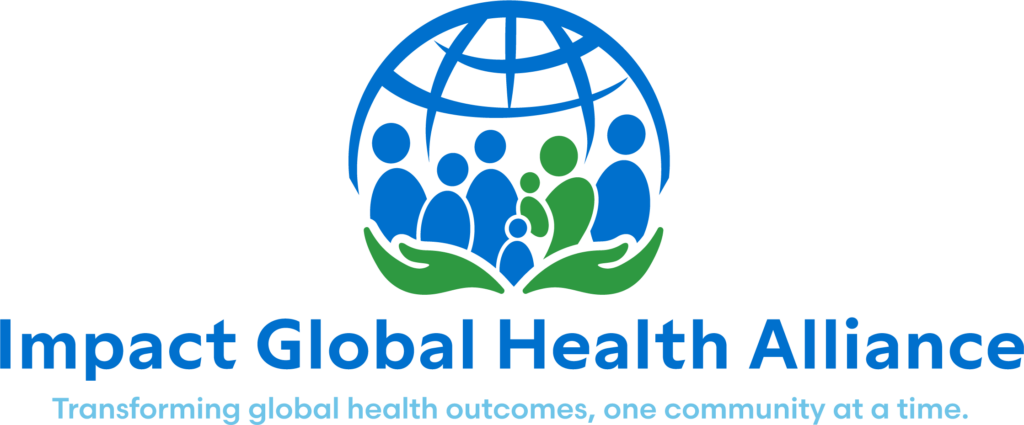Humble and always eager to avoid a spotlight, that’s how Dr. Henry Perry would describe himself. But, his accomplishments are undeniable and have received worldwide recognition: physician, surgeon, medical missionary, husband, father, researcher, writer, educator, philanthropist, innovator and thought-leader. When Dr. Perry looks back on his career, it’s the people who inspired, supported and loved him that he credits for his passion and success.
Raised by generous and loving parents, Dr. Perry’s future of helping others through medicine and education was sealed before he could walk. His father spent 25 years as an OB-GYN in Greensboro, North Carolina, and his grandfather served as a general practitioner in Watauga County for 50 years. Then, there’s Dr. Perry’s great-grandparents and great-uncle, who founded what is now Appalachian State University in Boone.
Nurtured in the Methodist church and the Christian faith, Dr. Perry embraced his desire to serve others very early on. This passion took on a whole new meaning exactly 50 years ago. During the summer of 1969, as a young, Duke medical student, Dr. Perry traveled to the Aymara village in Bolivia for the first time. In the 13,000 foot-high Northern Altipano, he helped vaccinate 10,000 children who had no medical care. “This was a significant moment in my life, to be involved on a day to day basis with local people and their struggles,” recalled Perry. “I was practicing surgery and general medicine, so it was a great privilege, doing what I intended to spend the rest of my life’s work on, which was being a medical missionary.”
The journey would cement his future in global public health for the remainder of his career. After witnessing those struggles and overwhelming needs firsthand, Perry knew his desire to serve would take on a much deeper responsibility. So, in 1981, Perry helped start a community health project, partnering with the Bolivian Methodist Church, Duke University and the Bolivian Ministry of Health.
Within two years, Perry founded a non-profit organization known as Andean Rural Health Care (ARHC), which would eventually become Impact Global Health Alliance Global, to continue the health project for the Aymara people and to expand into other parts of Bolivia. “The opportunity of creating an organization became possible and just that idea, it was very empowering and invigorating to realize that we may be building something that had longevity to it,” Perry said.
Board Members for Andean Rural Health Care (ARHC) in 1987
Perry can remember the early setbacks Impact Global Health Alliance Global faced in Bolivia, from political turmoil and safety concerns to organizational struggles. However, these difficulties could not stand in the way of the recognition his team received for its quality of work or innovative approach of Impact Global Health Alliance Globals’ programs. It was during this time, that Perry began to collaborate with Dr. John Wyon, a Harvard professor. It was this mentorship that ultimately led Perry to develop a revolutionary, new approach to working with communities to improve their health: the Census-Based, Impact-Oriented methodology (CBIO).
The CBIO methodology focused on building a partnership with communities, completing a census of all households and regularly visiting every household. The approach allowed the projects to determine the major health problems in the community and ensure that everyone, especially those most in need, received essential health services and education. By tracking all of the births and deaths that occurred, the methodology allowed the ARHC team to measure mortality, while also monitor any changes.
Through this approach, Impact Global Health Alliance Globals’ achieved a more than 60% reduction in the deaths of children in their first five years of life. Perry and his team quickly realized the true value of the CBIO methodology and it became the core element of their work. “We developed long-term partnerships with organizations, built capacity and cultivated local leadership,” explained Perry. “These relationships had a longer lasting effect, and with the stronger focus on measuring impact on mortality, or other very important health indicators – like nutritional state– we brought incredible value to these communities that could live on and, hopefully, be sustainable.”
By the 1990’s, ARHC’s programs stretched out into Mexico, Haiti and Guatemala. With these major expansions, ARHC became Impact Global Health Alliance. In Guatemala, Impact Global Health Alliance established a network of thousands of local community health workers and volunteers that reach impoverished Mayans with vital health services and education.
Dr. Henry Perry visiting Impact Global Health Alliance Guatemala
The growth did not stop there. By the 2000s, the programs went beyond the Americas and to reflect the worldwide reach, the organization took on a new name: Impact Global Health Alliance Global. Impact Global Health Alliance Global’s work has since extended to Liberia with the Nehnwaa Child Survival project, as well as Kenya, partnering with Ronald McDonald House Charities on the Carolina for Kibera project. In 2015, Impact Global Health Alliance Global began the Kuimei Project in Bo District, Sierra Leone, to reduce maternal child mortality rates in the region.
Perry has watched and celebrated all of this incredible work unfold and still to this day considers the work some of the most important in his career. It has been his dream to reach communities around the world, where health care is practically non-existent. “My greatest satisfaction comes out of realizing what has really been accomplished over the last 35 years,” Perry said, “in terms of the number of people reached, the quality of programs that we’ve had, the numbers of lives saved, as well as the numbers of lives that have been transformed.”
Since the inception of the organization, Perry has authored more than 100 publications and two books, establishing him as a global champion for the primary health care movement. As a senior scientist and professor at John’s Hopkins University, Perry has mentored thousands of students and practitioners. Working in numerous countries, Perry has consulted for health programs that served some 10 million people. He currently advises the Gates Foundation on its efforts to scale up community health globally.
Perry’s vision has always been to provide hope through health – ending the world’s suffering of preventable and treatable diseases. “I tell people all the time that I think my greatest contribution in life has been what I have contributed to this organization, because of its long-term potential in serving people,” said Perry. It’s because of his passion and commitment, we are that much closer to this goal.
Follow Us on Social Media!






